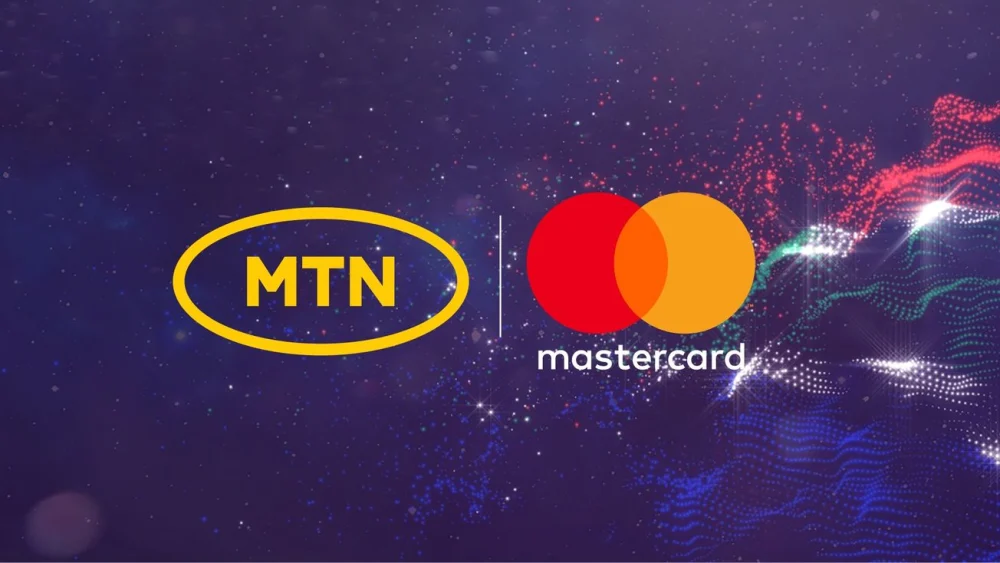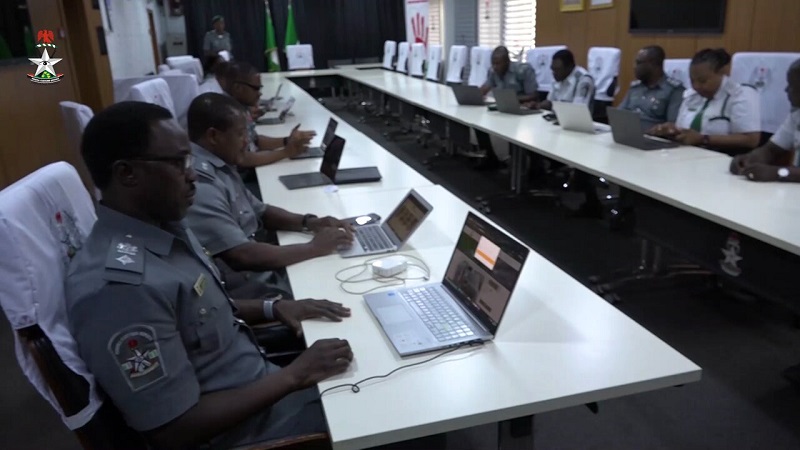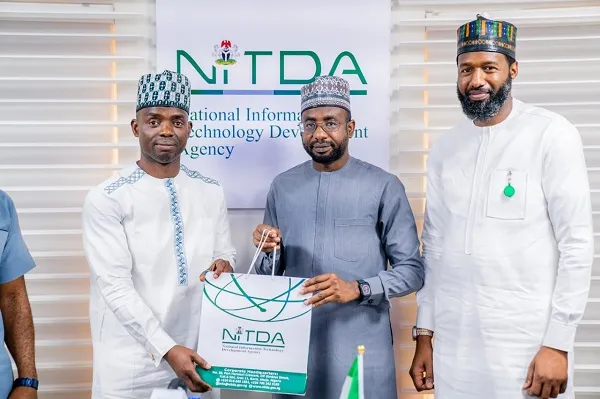Mastercard’s recent investment of $200 million in MTN Fintech, a subsidiary of Africa’s leading telecommunications company, MTN Group, marks a significant milestone in the financial technology landscape.
This strategic move not only underscores Mastercard’s commitment to advancing digital payments but also signals a potential transformation in the fintech sector across Africa.
Strengthening Digital Payments Infrastructure:
Mastercard’s investment in MTN Fintech aims to bolster digital payments infrastructure across Africa. With a focus on expanding access to financial services in underserved communities, this partnership has the potential to bridge the gap between traditional banking systems and the unbanked population. By leveraging MTN’s extensive reach and Mastercard’s expertise in payment solutions, the collaboration is poised to accelerate financial inclusion and empower millions of individuals with access to secure and convenient digital payment platforms.
Read also: MTN signs $5.2billion MoU with Mastercard
Moreover, the infusion of $200 million into MTN Fintech signifies a vote of confidence in Africa’s burgeoning Fintech ecosystem. It highlights the region’s growth potential and underscores the importance of investing in innovative solutions that cater to the unique needs of African consumers. As digital payments continue to gain traction across the continent, Mastercard’s strategic investment paves the way for the development of robust financial infrastructure that can drive economic growth and prosperity.
Fostering Innovation and Collaboration:
The partnership between Mastercard and MTN Fintech is not merely transactional but reflects a commitment to fostering innovation and collaboration within the Fintech industry. By combining Mastercard’s global network and technological prowess with MTN Fintech’s local knowledge and market insights, the two companies can co-create solutions that address specific challenges faced by African consumers and businesses.
Furthermore, the investment aligns with Mastercard’s broader strategy of supporting fintech startups and scaling innovative payment solutions worldwide. By providing financial resources and strategic guidance, Mastercard can help catalyze the growth of MTN Fintech and empower it to drive meaningful change in the African financial landscape. This collaborative approach not only benefits both companies but also contributes to the overall development of the fintech ecosystem, fostering a culture of entrepreneurship and innovation across the continent.
Advancing Financial Inclusion and Economic Empowerment:
At its core, Mastercard’s investment in MTN Fintech is driven by a shared vision of advancing financial inclusion and economic empowerment in Africa. By democratizing access to digital financial services, the partnership has the potential to uplift millions of individuals and businesses, enabling them to participate more fully in the digital economy.
Moreover, by digitizing payments and expanding access to credit and savings products, Mastercard and MTN Fintech can help unlock new opportunities for economic growth and development. From smallholder farmers and micro-entrepreneurs to urban dwellers and migrant workers, the benefits of enhanced financial inclusion are far-reaching, touching every aspect of society.
Mastercard’s $200 million investment in MTN Fintech represents a significant step forward in advancing digital payments and financial inclusion across Africa. Through strategic collaboration, innovation, and a shared commitment to empowerment, Mastercard and MTN Fintech are poised to shape the future of fintech in the region and drive sustainable economic growth for years to come.









